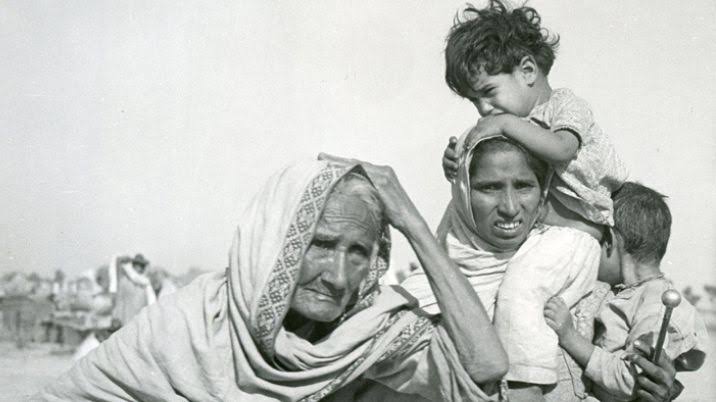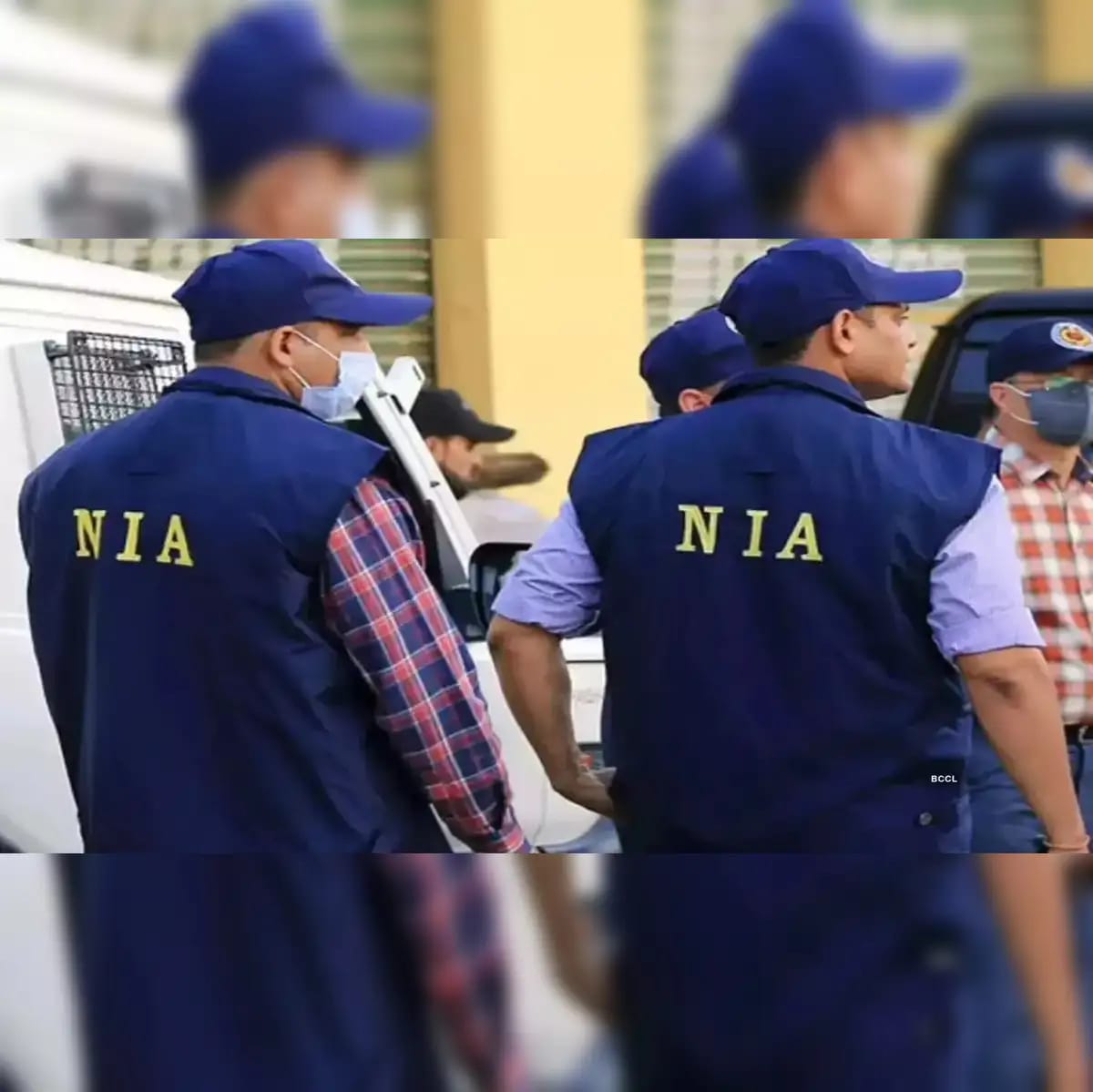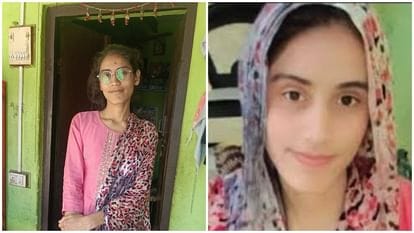The Midnight of Independence, the Endless Night for Women
30 August 2025
By Urvi Prakash
As NCERT revises its Partition module, it is time to remember the silenced stories of women, stories written in blood, sacrifice, and silence.
The Forgotten Question
“Why do the stories of Partition often end at borders, when the real battles were fought on women’s bodies?”
Beyond Political Blame
NCERT’s new module on Partition brings 1947 back into the national conversation. It identifies Muhammad Ali Jinnah, the Congress leadership, and Lord Mountbatten as central figures in the division of India. Yet, behind the hurried signatures on fading documents lies a story rarely acknowledged: the story of women. Women as the Hidden Victims Partition was not merely about redrawn borders; it was about broken lives. In the chaos of migration, nearly 14 million people were uprooted, but women bore the heaviest burden. Writers such as Urvashi Butalia (The Other Side of Silence) and Ritu Menon with Kamla Bhasin (Borders & Boundaries) reveal that Partition violence was distinctly gendered. Women were not just casualties of war; their bodies became battlegrounds, symbols through which communities sought to humiliate each other.
The Chilling Numbers
- 75,000 to 100,000 women abducted
- Many were raped, mutilated, or forced into marriages and conversions
- Trains carried not only refugees but also the lifeless bodies of women, denied dignity, denied voice.
- Families, consumed by “honor,” sometimes killed their daughters rather than risk abduction
“क्या हमारी इज़्ज़त मल्ुक़ सेभी सस्ती थी?” (Was our honor cheaper than the nation itself?)
Voices from the Darkness
In Punjab, young girls leapt into wells to escape advancing mobs. As Butalia notes: “Women did not only suffer violence at the hands of men from other communities; they also suffered at the hands of their men, their families, and communities, in the name of preserving honor.” These accounts remind us that Partition was not a line drawn on a map but a wound carved into women’s lives. While leaders debated at tables, women paid the price in blood.
A History Yet to Be Written
The trauma of Partition did not end in 1947; it lingered in silence, carried through generations, shaping identity and memory. If NCERT’s new module is to truly educate, it must move beyond assigning political blame. Students must not only know who demanded partition or who accepted it; they must also hear the silenced voices of women who endured its darkest horrors. Because history is not complete if it records the decisions of men but forgets the cries of women.
Remembering to Heal
Acknowledging women’s suffering is not about reopening wounds but about finally recognizing them. Only then can we say “Never Again” with the full weight of history. “आज़ादी तो मिली, पर हमारी आज़ादी छिन गई।”(The nation won freedom, but ours was stolen.)


